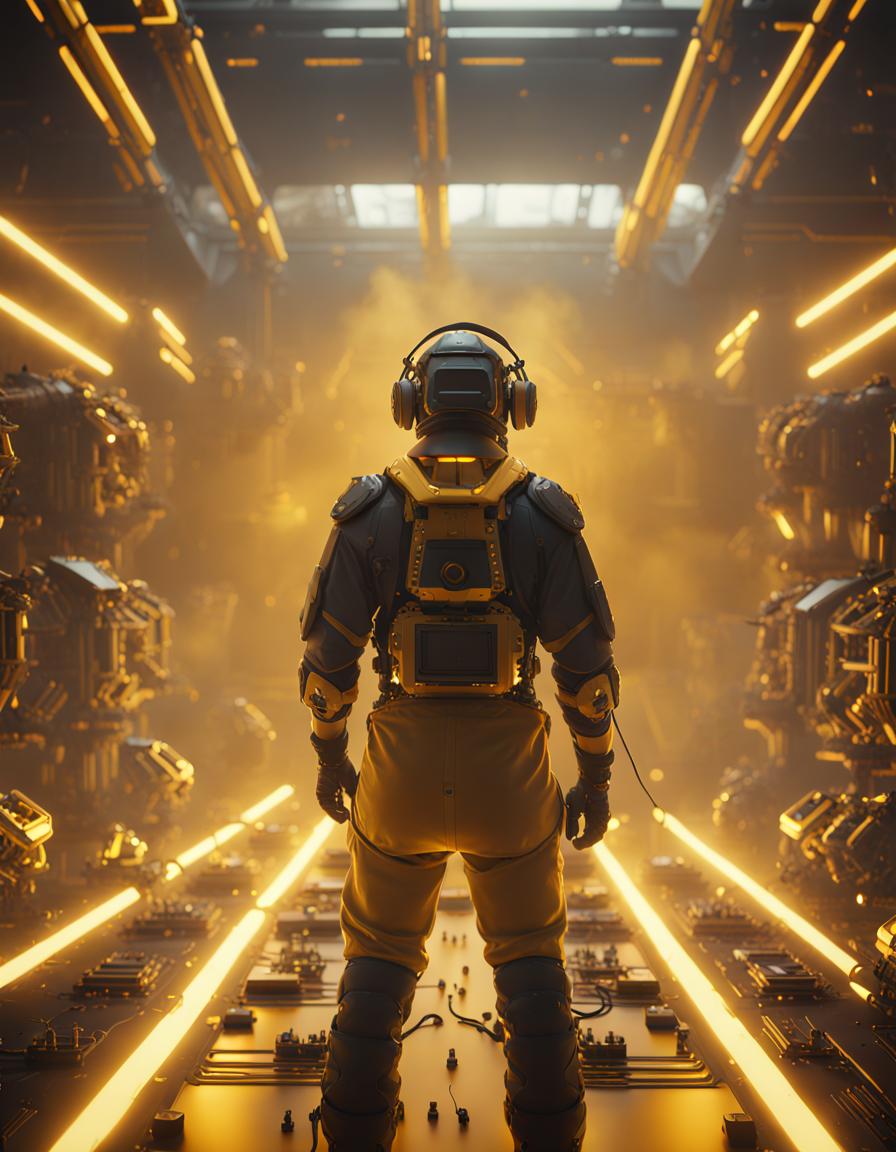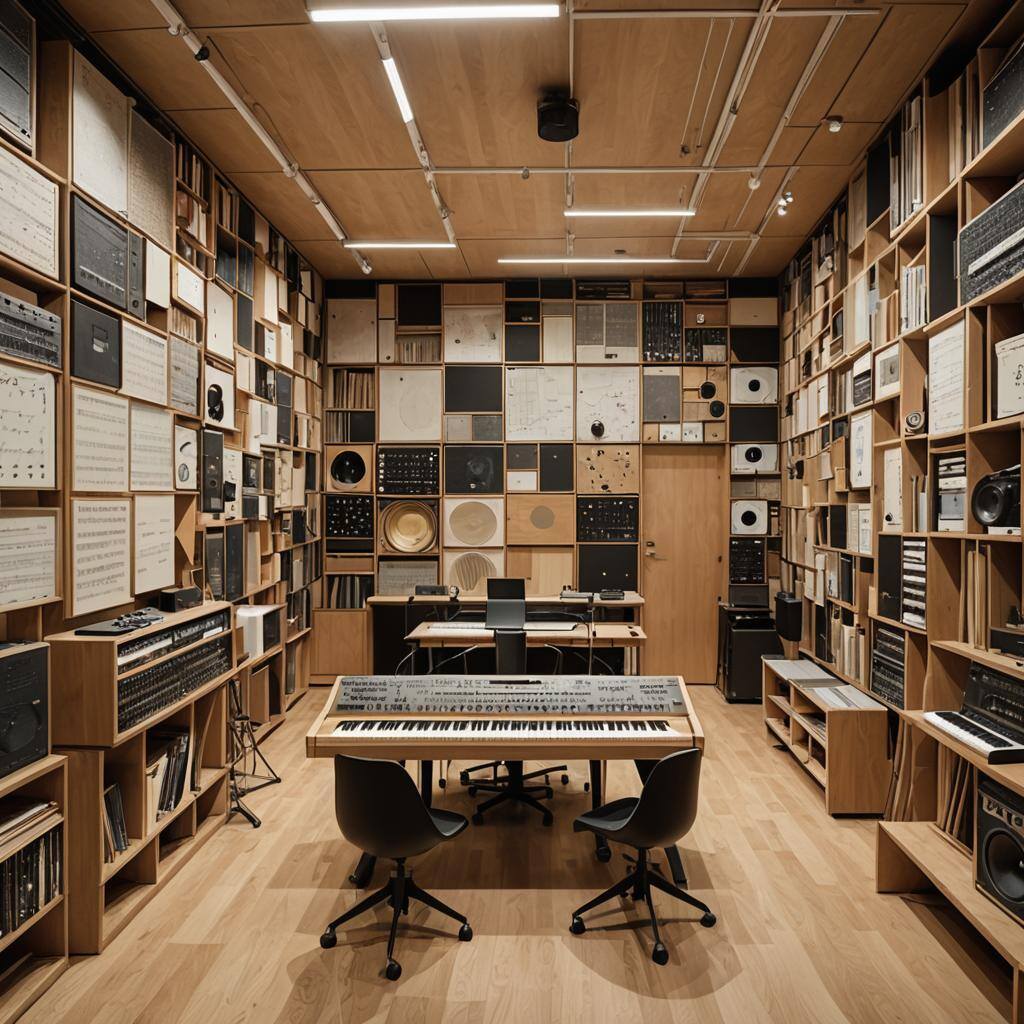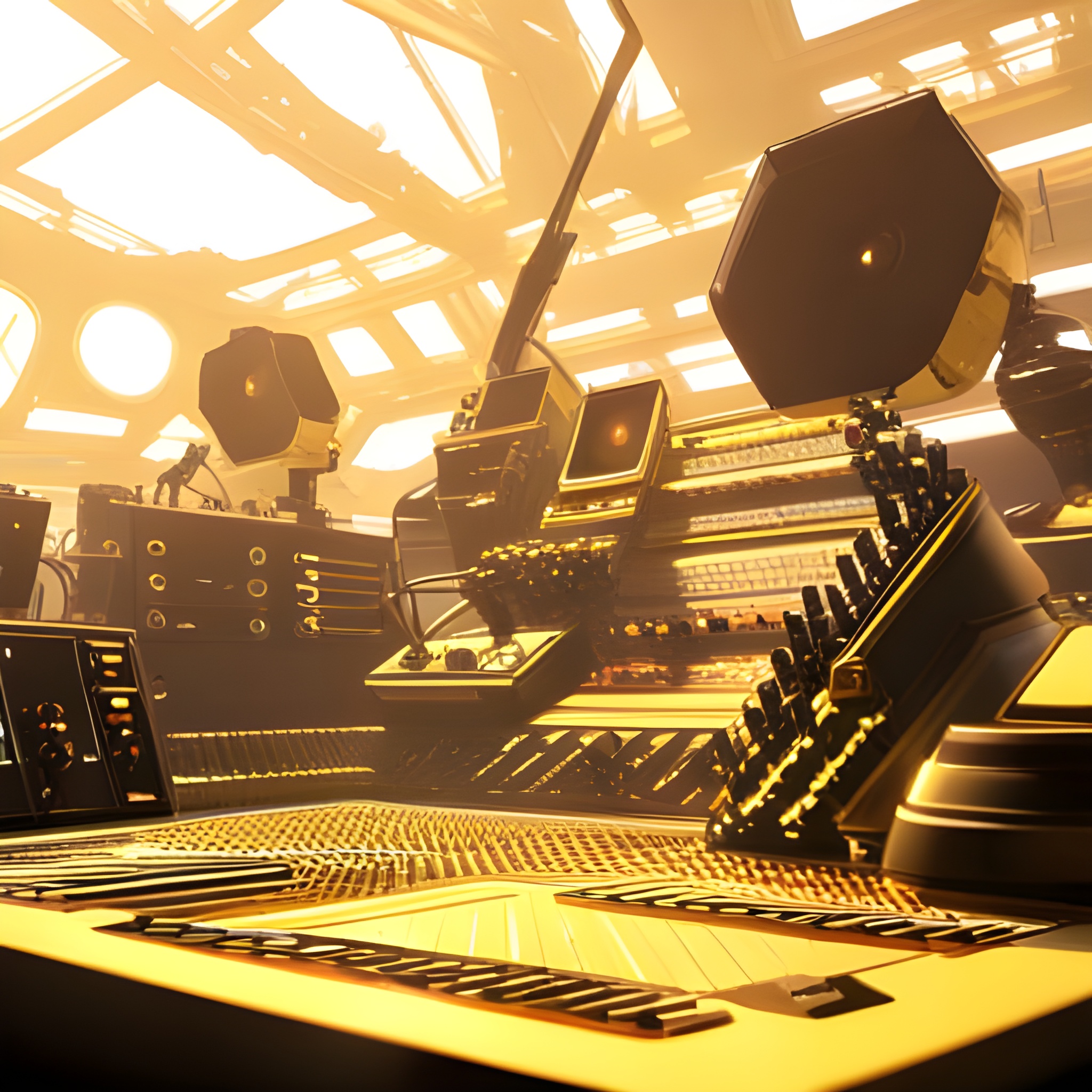As technology advances, artificial intelligence (AI) has made remarkable strides in many fields, including music. However, AI may struggle to win the music market due to its limitations. While AI can create music that is technically proficient, it may lack the emotional depth and human nuances that make music truly powerful. Moreover, AI-generated music may lack authenticity and connection with the audience, as many people still value the human touch that comes from a live performance. Additionally, AI may be limited in terms of the range of genres, styles, and instruments it can produce, giving human musicians a wider scope of creativity.
Here are the common roles in the music industry that still requires human presence:
Songwriters, producers, singers, composers:
At the heart of music lies the creativity and artistry of the artists who bring it to life. While AI has the ability to generate music and may be technically proficient, it may lack the artistic flair and emotional depth that comes from human inspiration and experience. Music is more than just a collection of notes and rhythms; it is a form of self-expression and storytelling that resonates with listeners on a deep level. Artists bring their unique perspectives and personal experiences to their music, creating something that is truly one-of-a-kind. Ultimately, the true value of music lies in its ability to touch the hearts and souls of listeners, and this is something that AI may struggle to achieve.
Engineers:
When it comes to music production, engineers play a crucial role in the recording, mixing, and mastering process. While tools like online mastering, such as e-mastered and Landr, have been considered AI, many still recommend having a human touch to finish a track. After all, working on a track is not only about technique, but also about feeling. While AI can provide technical proficiency, it may struggle to capture the emotional nuances that make music truly powerful. Therefore, engineers are necessary to ensure that a track has the desired balance of both technical excellence and emotional impact. By combining both skills, engineers help to elevate music to its full potential.
Managers (tour managers, talent managers,...):
They are responsible for ensuring that artists are paid appropriately for their work and that their music is distributed effectively. Good managers can make a big difference in an artist's career by providing them with guidance, support, and connections in the industry. A manager must have excellent communication skills and be able to work well under pressure. They must also be knowledgeable about the industry, including trends, emerging artists, and industry players. Building relationships with other professionals in the industry is essential for managers to succeed. In addition to these duties, managers also oversee the logistics of touring, from scheduling to travel and accommodations. They play a vital role in ensuring that their clients are healthy and well-prepared for the rigors of life on the road. While AI may be capable of handling some aspects of management, the highly customized nature of the music industry means that human managers will continue to be an essential part of the equation.
Record Labels, A&R:
They sign and develop artists, produce and distribute their music, and handle marketing and promotion. They may also provide resources for recording, touring, and other aspects of an artist's career. Record labels certainly do use AI to some extent, particularly in areas like music recommendation algorithms, but there are limitations to the technology that make it difficult to rely on AI exclusively in the music industry. One of the main challenges is the highly subjective nature of music. While AI can analyze large amounts of data to identify patterns and make predictions, it is not capable of understanding the emotional and cultural contexts that give music its meaning. Human listeners can appreciate music in ways that are difficult to quantify, and so decisions about which artists to sign, which songs to promote, and how to market them often require human judgment and expertise. Additionally, the music industry involves many complex legal and financial issues, such as copyright law and royalty payments. While AI can assist with some of the data analysis needed in these areas, it is not capable of negotiating contracts or dealing with the nuances of interpersonal relationships.
Music publishers, PROs:
They play a crucial role in the music industry by helping songwriters and composers to license their music for various media purposes, including films, TV shows, and commercials, collect royalties for public performances of music, such as on radio, TV, and in live venues. They also help to collect royalties on behalf of the writers. While the creative process of music composition is essential, managing and monetizing the rights of a song is equally vital for artists to sustain their career. Since this is a technic aspect, not the art itself, AI can help manage the business side of music publishing, allowing artists to focus on their craft. The use of AI technology provides efficient tools to manage their vast catalogs of music and track the usage and payment of royalties. From identifying potential new audiences to predicting the success of a new song, AI has the ability to streamline the music publishing process. Furthermore, AI can also help ensure fair compensation for artists and songwriters through accurate data analysis.
Concert Promoters:
Concert promoters play a crucial role in the live music industry. These companies are responsible for organizing and promoting concerts and festivals, booking venues, and arranging travel for artists. While the internet has revolutionized the way we consume music, traditional marketing campaigns with a physical presence are still effective. Concert promoters often use road campaigns and bespoke marketing strategies to connect with fans and create buzz around their events. Despite the rise of AI and digital marketing, the personal touch and human connection offered by traditional marketing methods remain essential to the success of live music events. Therefore, concert promoters must continue to strike a balance between leveraging technology and embracing traditional marketing to attract audiences to their events.
There are still numerous roles that rely, at least the half, on human expertise. These roles include music retailers, music equipment manufacturers, music journalists, music educators, booking agents, music supervisors, and more. As the technology continues to shape the music industry, these human-centric roles remain essential to its success. For instance the famous music streaming service Spotify use algorithms for music detection and placement. However, it's essential to remember that the end-users are humans with ever-changing emotions and moods that are influenced by various factors such as financial aspects, relationships status, life changes, and a country's economy which the AI is unable to manage as these are not data-driven entities.
 Putting into practice all that analog electronic stuff back in college.
Putting into practice all that analog electronic stuff back in college.


